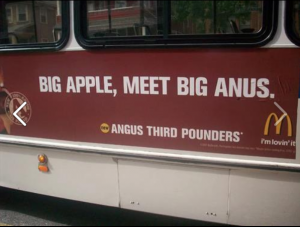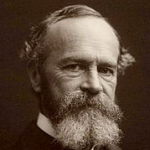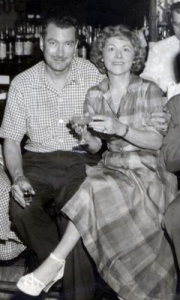A writer named David Cameron did something very clever: He copied a short story published in the New Yorker and sent it out, as a submission with a false name, to assorted and sundry literary journals. They all rejected it. Form letters. Then he submitted it to the New Yorker, which rejected the story they had previously published. Just to be sure, he did it again with another New Yorker story. Same results.
So what do aspiring writers conclude from this little experiment in masochism?
That pursuing publication is a hopeless, thankless, random enterprise in which merit counts for next to nothing?
Gee, now that I say that out loud, it sounds a little too defeatist. Don’t let the bastards get you down. YOUR story will be blessed. It will be so good, that even a system stacked against you will buckle and crumble when exposed to its brilliance.
So Carry On!
But don’t get your hopes up.




